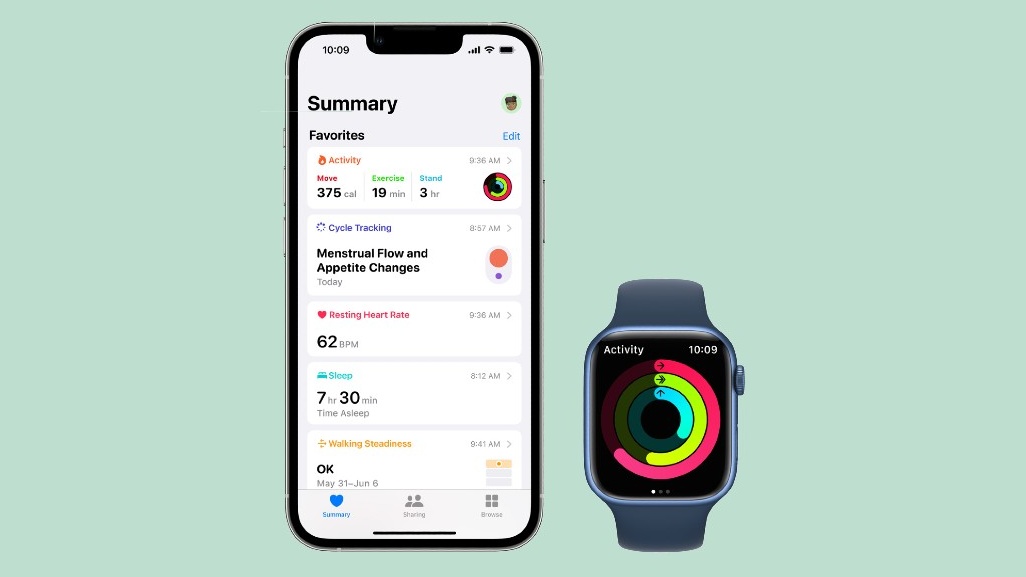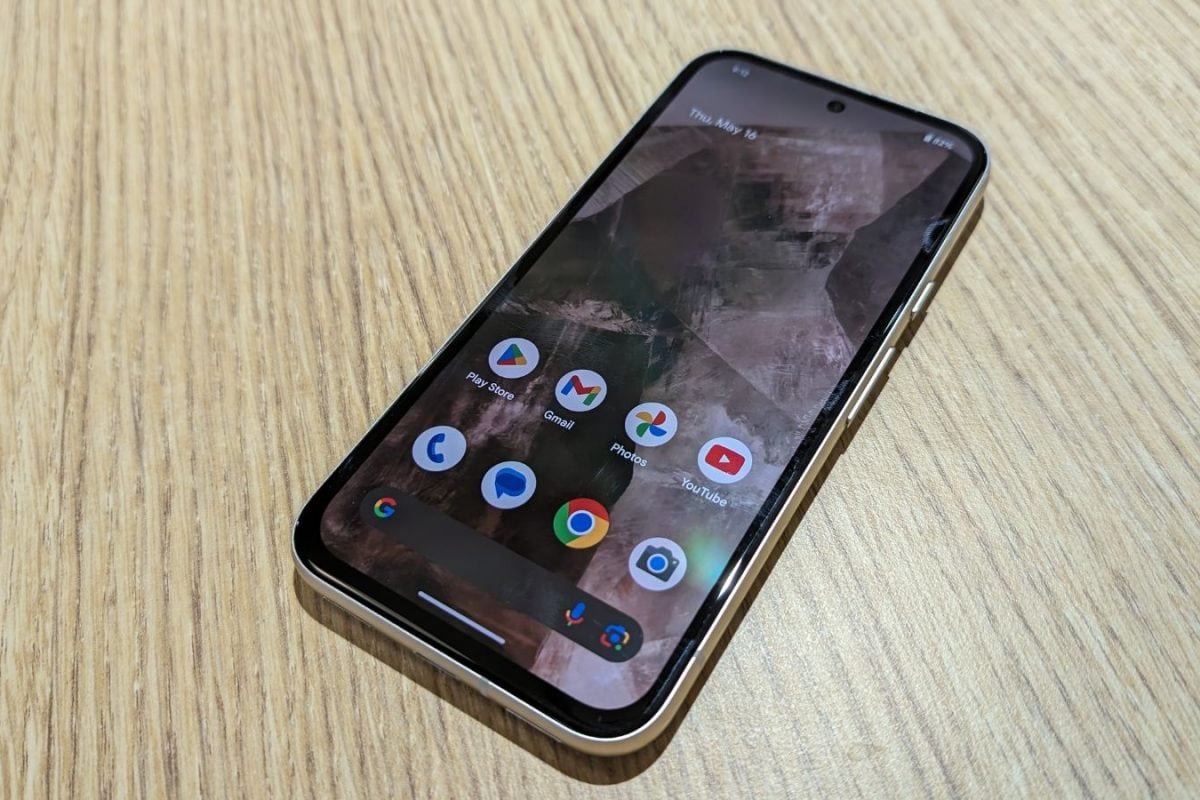
Apple is working on its most ambitious health intervention to date, according to Bloomberg’s Mark Gurman.In the latest edition of his Power On newsletter, Gurman reveals the existence of Project Mulberry, the latest incarnation of its long-term plan to offer AI health coaching. In its new form, Apple reportedly envisages an AI agent that’s able to “replicate — at least to some extent — a real doctor” within the Health app.
As a concept, it’s extremely simple, though making it work well is anything but.Gurman explains the vision is for the Health app to carry on collecting data from your connected devices, be it the heart rate from your Apple Watch, or your weight from a third-party connected scale.The difference is that the AI coach will now use all available information to provide “tailor-made recommendations about ways to improve health”.

At the moment, the AI agent is being trained by physicians on the Apple payroll, but the company apparently intends to source external specialists in “sleep, nutrition, physical therapy, mental health and cardiology” to help with video creation.(Image credit: Tom's Guide)The idea is that if the app detects a possible issue, you’ll be served content with suggested lifestyle improvements to tackle the problem. If your connected devices consistently surface worrying heart-rate data, for example, you may get a video explaining heart disease so you can try and address the underlying issues.
The aim is to find a “major doctor personality” to host the service, Gurman writes.Beyond that, the Health app will be getting some big additions, with food tracking a big part of it, which should give the creators of MyFitnessPal cause for concern. There’s also talk of the app using your iPhone’s camera to help study workout form.
Gurman says that development is well underway, and a release is “due as early as iOS 19.4”.Getting serious about health(Image credit: Apple)It’s certainly ambitious, and matches Tim Cook’s long-term ambition for Apple to make a serious contribution to the world’s health.
All the same, it’s hard not be a little skeptical about the limitations of this approach.Firstly, wearables have limits about the information they can track, and some medical hardware can’t be miniturized to a form that’s comfortable to be worn at all times, which leaves big gaps in the holistic health picture.Generic advice might be the order of the day, and AI agents could struggle to spot unusual conditions.
Worse, this could lull users into a false sense of security: if the AI doctor has no concerns, then a potentially at-risk patient might delay a life-saving checkup. I would, therefore, expect to see all kinds of caveats provided to any AI guidance.I would expect to see all kinds of caveats provided to any AI guidance.
That said, on aggregate, it could still be a net positive. It’s one thing to feel you lose a few pounds, but quite another to get a prompt from your iPhone saying you’re at risk of heart disease based on metrics measured from you.For some, that could be the big wake-up call they need for serious lifestyle changes to take root.
It will be a while before we find out. We’re at least a year away from the first implementation, with Gurman suggesting a launch with iOS 19.4, due in the spring or summer of next year.
More from Tom's GuideApple analysts sound the alarm on Siri delay — here's whyApple WWDC 2025: iOS 19 and everything we know so far7 features that make it worth upgrading to an iPhone 16.














